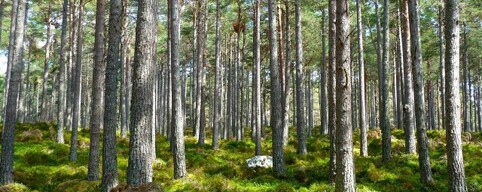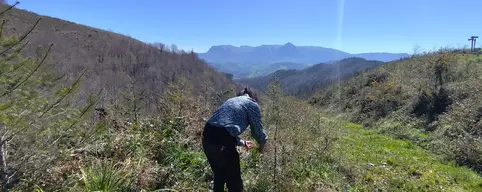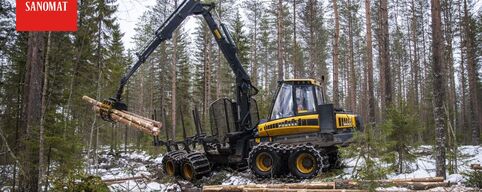

The expansion of the French forest is good news that has been going on for over a century, illustrating a remarkable resilience in the face of anthropogenic pressures. However, this growth is now being tested by global warming, recurrent droughts and the appearance of new parasites that are profoundly weakening these complex ecosystems. Despite this continuous growth, the challenge of maintaining the vitality and biodiversity of French forests is proving to be colossal.
While the forest seems to be thriving on the surface, conflicts over use are emerging, crystallizing divergent views on forest management. These conflicts are exacerbated by differences of opinion between the various stakeholders, in particular the forestry industry, the public authorities, environmental associations and citizens. Each group puts forward different priorities for forestry and the management of the forest-timber sector, which inevitably fuels tensions.
Recent disagreements have arisen concerning the balance of public subsidies allocated to forest renewal. In addition, the reduction of aid for wood energy is also a sensitive subject that gives rise to lively debate. Similarly, certain parliamentary initiatives concerning the regulation of clear-cutting have received very mixed reviews. These issues reveal significant divisions between the various actors involved in the management of this precious natural space.
The health of French forests, which are essential as carbon sinks, is deteriorating. In fact, the carbon capture capacity of these forests has halved in the space of ten years. Climate change is aggravating this situation by making forest ecosystems even more vulnerable. Current management methods, although widely applied, are now being questioned by many voices, who are calling for a thorough review of traditional forestry practices.
Recent public policies have been influenced by three problematic beliefs: the perceived need for massive planting to adapt the forest to new climatic conditions, the centrality of forestry as the exclusive pillar of forest production, and the conviction that human interventions are the only possible solutions to current environmental challenges. These beliefs, seen as indisputable postulates, have led to policies that do not always take into account the complexity of forest ecosystems and the myriad of opinions on the best way to preserve them.
To meet these challenges, a new forestry paradigm appears necessary. This will have to recognize the complexity of forest ecosystems as well as the differences of opinion among the stakeholders involved in their management. It is crucial to adopt an inclusive approach, integrating economic, ecological and social concerns, in order to create harmonized strategies that benefit society as a whole and enable the preservation of the natural wealth offered by French forests.
Such a paradigm would be based on sustainable practices that would not be content to consider the forest as a simple economic resource, but also as a natural heritage to be preserved for future generations. Only enlightened management, where dialogue between all stakeholders is encouraged and valued, will make it possible to meet the challenge of preserving forests in the face of climatic and human aggressions.



